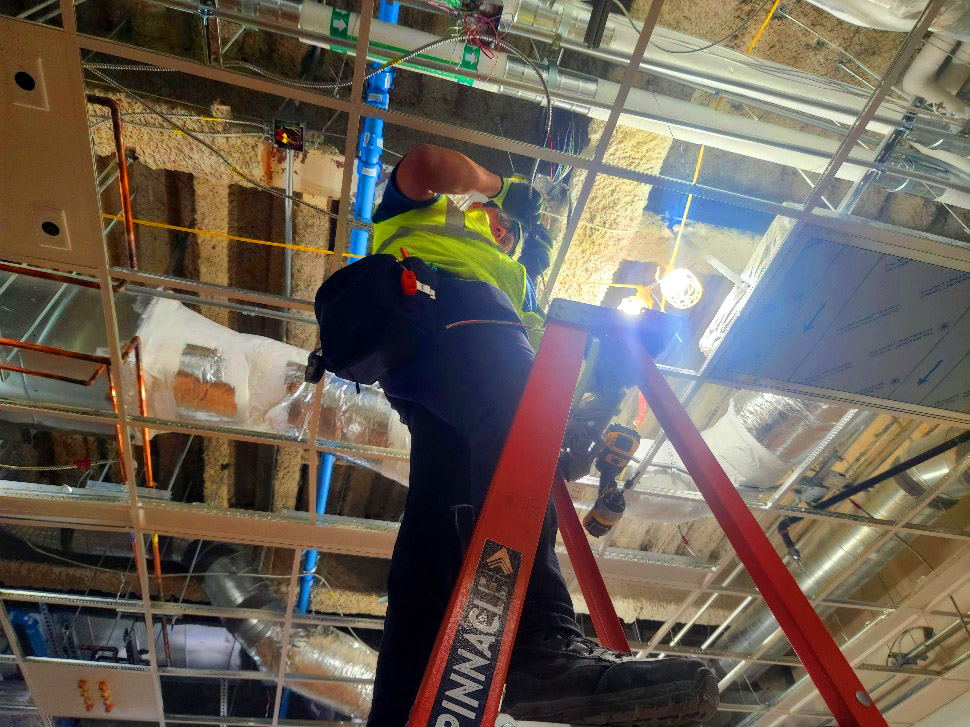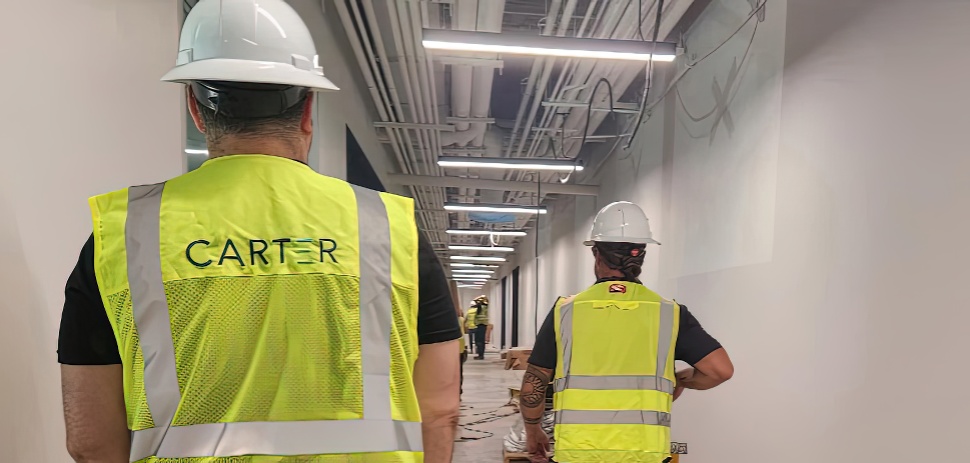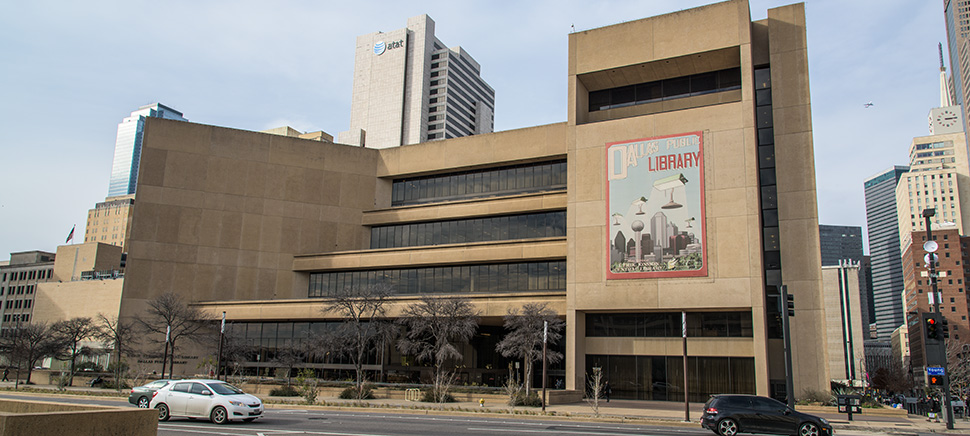Anyone who has moved to a new home knows how much work it takes to pack everything, transport to a new location, unpack, and reassemble. Now imagine if you were doing that with costly equipment and potentially hazardous chemicals.
“Moving is stressful for everyone, whether it’s personal or for business,” said Grant Carter, president of Carter Inc. “And when it comes to lab or hospital equipment, we figure out how to relocate those one-of-a-kind pieces that are integral to the work being done.”
He added: “You can’t stop doing surgeries because something broke or you move into a new space.”

Carter Inc. at Tarleton. [Photo: Carter Inc.]
For more than thirty years his company has been the relocation management expert that companies turn to. His team doesn’t pack and transport boxes, it taps into its nationwide network of relocation professionals for the unique needs of each job, ensuring that equipment and services are installed correctly and ready to use from day one.
Michael Madrzak, surgical director at Children’s Hospital of Wisconsin, says his team hired Carter Inc. once the excitement of a new facility was replaced with the reality of relocating.
“When you take on a project like this, you don’t really think about the move aspect,” said Madrzak. “You’re so focused on the details of the construction. It’s not until much later that it sort of dawns on you, we have to transition to the new space. How is that accomplished? You already have a full-time job.”
“I believe it’s one of the big benefits with Carter — it’s the risk avoided,” agreed Scott Turner, president and COO at Children’s Wisconsin.
From corporate relocations to life science moves

[Photo: Carter Inc.]
Carter Inc. started in Chicago and initially focused on corporate moves. Breaking into the life science industry was not part of the original blueprint. But Carter says opportunity knocked.
“In February 2020, we were approached by a well-known life science industry leader who sells manufactured lab benching,” he said.
He needed someone to monitor the installation of his products because he was so busy that he didn’t have the time to do it himself. Carter says after managing their first installation, he figured it would be a nice addition to their business, not the focus. But that one story turned out to be one of many.
“I thought, I’ll do a few labs every year. But the reality is, it’s a full-time gig now,” he said. “We’re in the field or planning a lab job every day of the week.”
Carter Inc. is often at UTD, UTSW, and other locations in North Texas. Its roster of moves includes companies you might recognize, including Biolabs, Colossal, and OncoNano.
“When I started focusing on life science in 2020, I never imagined, we’d be this busy with it. The Dallas market is fantastic,” Carter said. “I’m amazed at how quickly life science has taken off here.”
In a recent report, CBRE predicted that total life sciences lab/R&D space could increase by more than 20% by 2025. That means furniture manufacturers and other associated businesses have a busy future to plan for.
“After the first few labs, we were asked to oversee the installation of critical equipment: fume hoods, biosafety cabinets, freezers that reach colder temperatures than what you or I have need for at home,” he said.
Life science relocation tips
Evaluating equipment’s lifecycle is key. Carter says if a piece of equipment has a 10-year life span and is in year eight, it may be more cost-effective to buy new.
Another consideration? Chemicals, which carry unique risks, challenges, and a high cost. “No mover in town is going to put chemicals in their trucks,” Carter said. “You need a specialty mover to handle hazardous materials.”
He warns that you should do thorough research. Even if you find a company that says it can handle all your unique needs, it doesn’t mean that they’re the best for your project.
“We are the management experts in the room,” he said. “Over the years, first for corporate moves, and now for life science companies as well, we know how to find the right resources and experts, whether you’re moving across town or across the country.”
Voices contributor Nicole Ward is a data journalist for the Dallas Regional Chamber.
![]()
Get on the list.
Dallas Innovates, every day.
Sign up to keep your eye on what’s new and next in Dallas-Fort Worth, every day.




























